The Qiongkushitai village is located at the foot of the Tianshan Mountains in China’s Xinjiang Uygur Autonomous region. Known for its idyllic beauty, there are some 300 Kazakh families in the village, including 86 year-old Aby Johmubay, who has been roaming the grasslands ever since he was born.
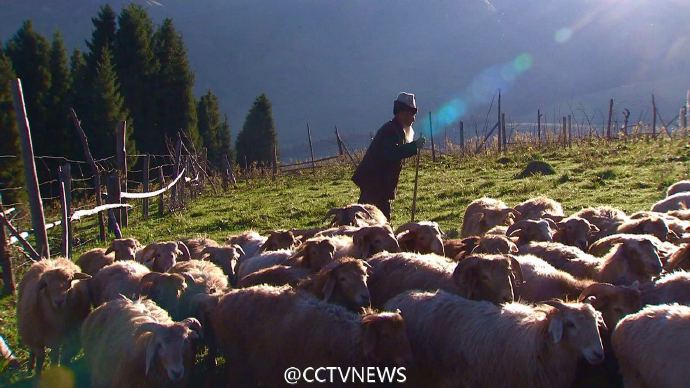
Qiongkushitai village in Xinjiang Uygur Autonomous region
“This place used to be very quiet, with few people living a nomadic life. Now, we’ve seen a lot of people coming from outside. Animal husbandry has been restricted by the government’s grazing ban,” he said.
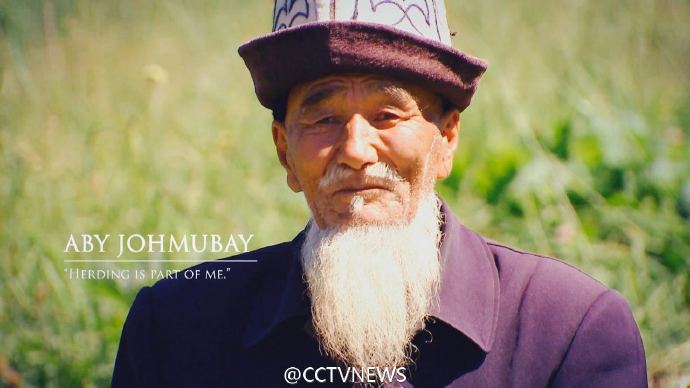
86 year-old Aby Johmubay, who has been living in the Qiongkushitai village in Xinjiang since he was born.
Ehye Bahyar, Aby’s grandson, is one of eight children from the village who have been admitted to university. Although he loves the grasslands, he doesn’t want to follow in the footsteps of his grandfather.

Ehye Bahyar, Aby’s grandson
Qiongkushitai’s “peaceful” existence came to an end five years ago, when it was listed as a “State Historical and Cultural Village.” The local government tried to promote tourism to upgrade the living conditions of the area. Roads have been built to connect even the most remote homes, but the growing number of visitors has forced changes on a traditional lifestyle.

“I have seen more and more young people become busy doing… tourism. I don’t want to just stay at home. I want to earn some money, and to lower my living costs and pay tuition fees. This will help family life as well,” said Ehye.
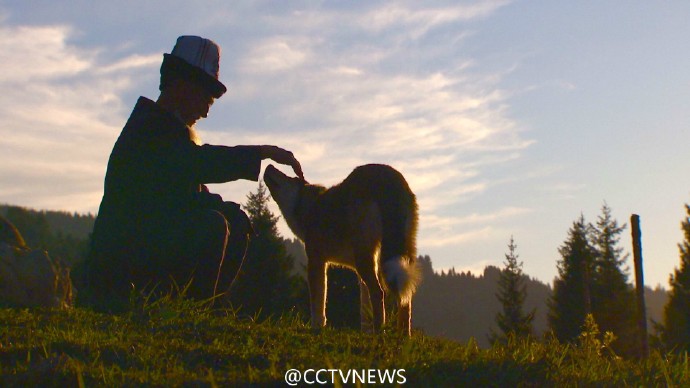
However, while the local government hopes the industry can boost the economy, many other herdsmen worry about the effect on their tranquil lifestyle. The Kazakhs are known for “living on horseback”, but this tradition is gradually fading as more young people leave the village for big cities.

“I don’t want to stay in the mountain areas forever. I have my own dreams and grandpa has his dreams. I would love to go to the big cities to observe, to open my mind and eyes. What I don’t really like about tourism is that I wish the tourists who come to my village wouldn't casually drop rubbish, and damage our natural environment,” said Ehye.
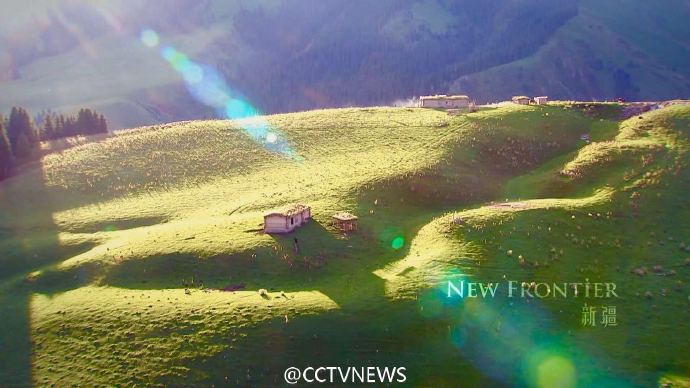
Although the government has issued new regulations to restrict herding to protect the grasslands for eco-tourism, Aby says modern conveniences are not a measure of happiness for him. He feels as though he's sitting at the edge of an ancient world, in an increasingly urban Xinjiang.
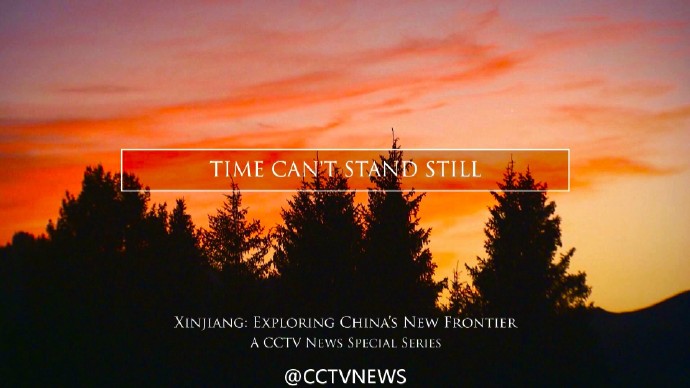
“I really don’t know whether the nomadic life can still continue in the future. The fact is, as tourism grows, the grazing environment is getting worse. The grazing areas have been further reduced. These changes have made the traditional lifestyle difficult,” he said.









